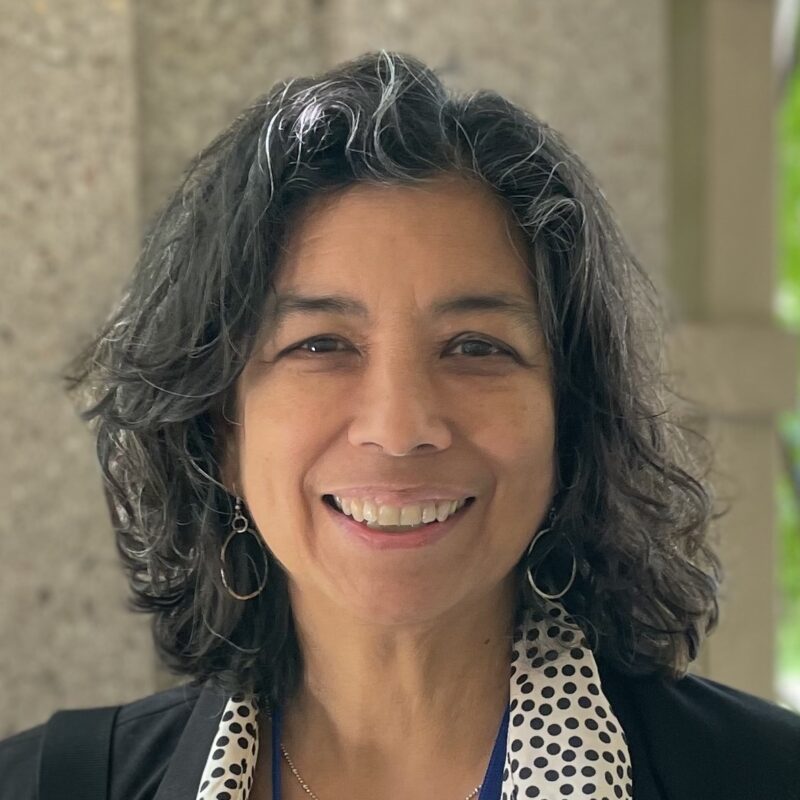Tree of Life is an NGO based in Zimbabwe with the vision of creating a ‘healed and empowered society that puts its energy into processes of peace, recovery and reconciliation.” They provide mental health and psychosocial support in the community with the aim of helping survivors of trauma reconnect with self, nature, family, and community.
Tree of Life conducts trauma healing workshops in grassroots communities which have largely been affected by organized violence. The main aims of the healing workshops are to support personal and interpersonal healing, as well as to foster social-cohesion and to prevent violence – they work with both victims and perpetrators.
There is no doubt that the people of Zimbabwe have experienced a disproportionate amount of trauma, ranging from historical economic crises and hyperinflation to the arbritrary arrests, assaults, abductions, and torture by police acting under orders of the current ruling politicians, to being displaced against their will. This instability has led to communities being fractured, and a vast number of people still experiencing the lasting effects of this.
The strength of the community
Tree of Life takes its name from the home-grown Tree of Life process which was developed in 2002, initially to empower Zimbabwean youth to build resilience and better community relationships.
It uses the metaphor of a tree representing the different aspects of a person’s life to encourage storytelling and bonding through group therapy over the course of three days. The participants all stay in the same location, eating the same food, and living in the same natural settings. They aim for their participants to have a greater understanding of their own traumatic experiences, a heightened appreciation for their own inner strength, and a larger understanding of the importance of the community.

Over the course of the three days, there are eight ‘circles’, where participants come together to identify and share the different parts of their lives using the metaphor of a tree: soil (culture), roots (family), trunk (early life), branches (later development), leaves (current life), fruits (high points), scars (the traumas), and finally the power circle.
Each part of the journey is guided by facilitators, who encourage the participants through storytelling, and build enough trust for the group to open up.
Following the three day workshops, participants get the chance to have ongoing one-to-one counseling if they feel they need it. Tree of Life also works closely with various other organizations who provide medical treatment and support to survivors of torture.
Many participants become facilitators themselves following comprehensive training from Tree of Life, with the idea of exponentially growing the organization within communities and expanding the roots and branches of Tree of Life.
“It’s step-by-step building trust and respect within the group. Many have not been listened to before, not given a voice. They can go on for a long time, but they are never interrupted.” – Eugenia Mpande, Tree of Life Founder
Some Tree of Life Data:
Between 2003 and December 2020 the Tree of Life has:
- Facilitated over 1800 trauma healing workshops for over 15,000 victims of organized violence and torture
- Trained over 150 community-based survivors as volunteer trauma healing facilitators
- Provided psychoeducation workshops for over 7900 people, including community leaders, youth, women, communities and NGO staff
- Trained over 70 community-based survivors to conduct psychoeducation and psychosocial first aid workshops
- Conducted qualitative and quantitative research with the Center for Victims of Torture (CVT) and the Research and Advocacy Unit (RAU)
Community is very powerful within our culture
Eugenia Mpanda, Tree of Life
The principles of the Tree of Life are:
- Do no harm
- The ‘Circle’ is key
- We work by invitation
- Apolitical, non-partisan, inclusive
- Balance competence and compassion
- Always guard the integrity of the process
- Be culturally appropriate, organic and adaptable
- We work with humility, compassion, patience and respect
- We are group-based, community-based and evidence-based
- Work in the community, with the community for the community
- We honour our interrelatedness and connectedness with each other and with nature



